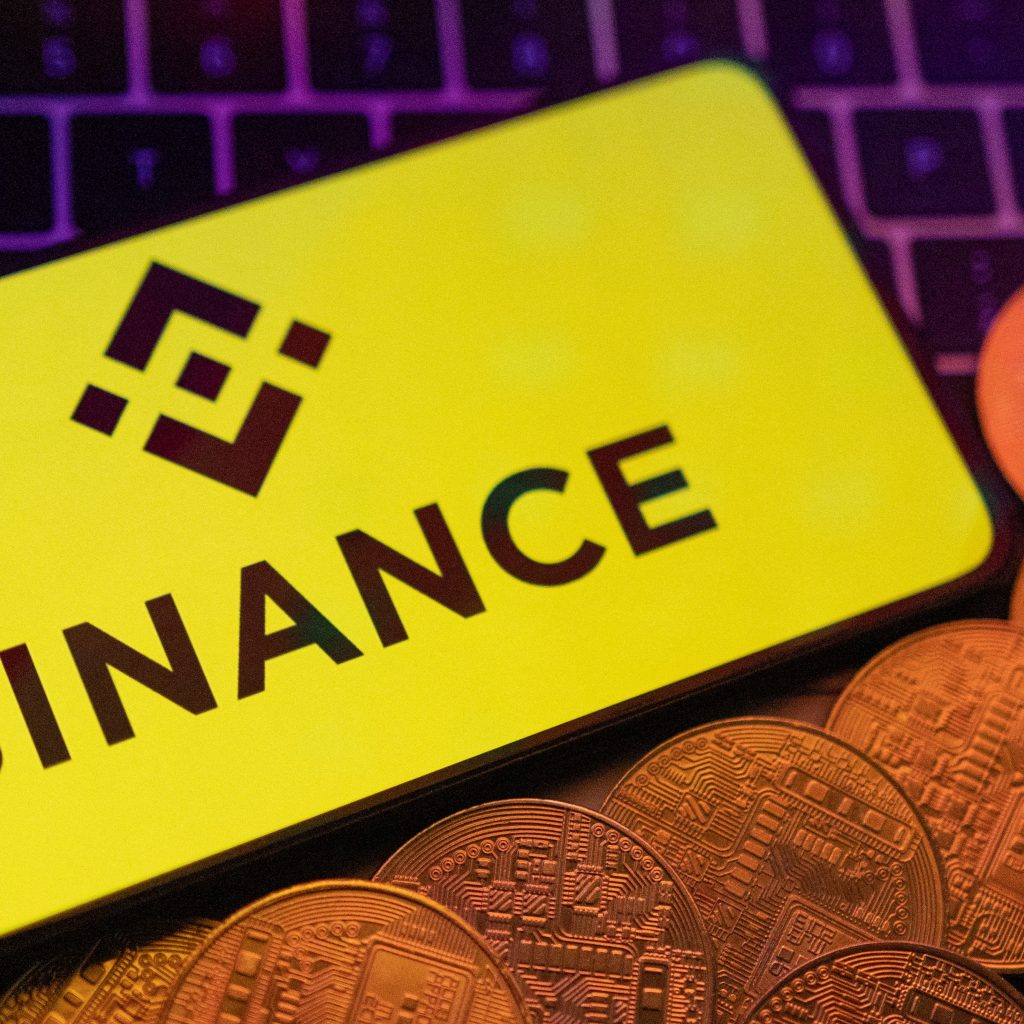The United States Securities and Exchange Commission (SEC) has raised concerns about Binance.US’s lack of cooperation in the ongoing investigation into the cryptocurrency exchange. In a court filing dated September 14, the SEC criticized Binance.US’s holding company, BAM, for its limited document production and unresponsive behavior.
SEC’s frustration with document production
The SEC expressed its frustration with BAM’s document production during the discovery process. According to the court filing, BAM has provided only 220 documents, many of which are described as “unintelligible screenshots” and lack essential information such as dates or signatures. The SEC believes that these documents do not meet the standards required for a thorough investigation.
In addition to document production, the SEC accused BAM of refusing to produce essential witnesses for deposition. Instead, BAM has agreed to only four depositions, which it unilaterally deemed appropriate. The SEC also highlighted BAM’s reluctance to cooperate in providing relevant communications, citing “blanket objections” and a refusal to produce documents that are part of its regular business operations. Interestingly, the SEC noted that it later obtained some of these supposedly non-existent documents from other sources, raising further concerns about BAM’s transparency.
Inconsistencies regarding Ceffu and wallet custody
The SEC’s court filing also raised questions about Binance.US’s use of Ceffu, a wallet custody software provided by the global entity Binance Holdings Ltd. Initially, BAM claimed that Ceffu was its wallet custody software and services provider.
However, BAM later changed its stance, asserting that Binance was the provider of the wallet custody software. This inconsistency has led the SEC to question the involvement of both Binance and BAM in managing customer funds and whether it violates a previous agreement intended to prevent fund diversion abroad.
The SEC initiated legal action against Binance on June 5, 2023, leveling 13 charges against the cryptocurrency exchange. These charges encompassed unregistered securities offerings, products like Simple Earn and BNB Vault, and Binance.US’s staking program.
The SEC’s argument was that Binance.com, Binance.US, and BAM Trading should have registered as clearing agencies, broker-dealers, and exchanges, respectively. The unregistered offering and sale of Binance.US’s staking-as-a-service program also triggered the requirement for BAM Trading to register as a broker-dealer.
Internal troubles at Binance.US
These latest accusations by the SEC add to the challenges facing Binance.US, which has been dealing with internal upheaval. CEO Brian Shorder recently joined the list of high-ranking Binance executives who have left the company this year. This departure was followed by the resignations of the head of legal and the chief risk officer at the exchange within a short span of time.
The SEC’s concerns about Binance.US’s cooperation in the investigation, coupled with the internal turmoil at the exchange, paint a complex picture for one of the world’s largest cryptocurrency platforms. The outcome of the ongoing legal battle between Binance and the SEC will likely have far-reaching implications for the regulation of cryptocurrency exchanges in the United States.
As this investigation unfolds, the cryptocurrency community and regulatory authorities will continue to closely monitor the developments and decisions made by both the SEC and Binance. US. The stakes are high, and the cryptocurrency industry’s compliance with regulatory standards remains a critical issue for the broader financial ecosystem.





